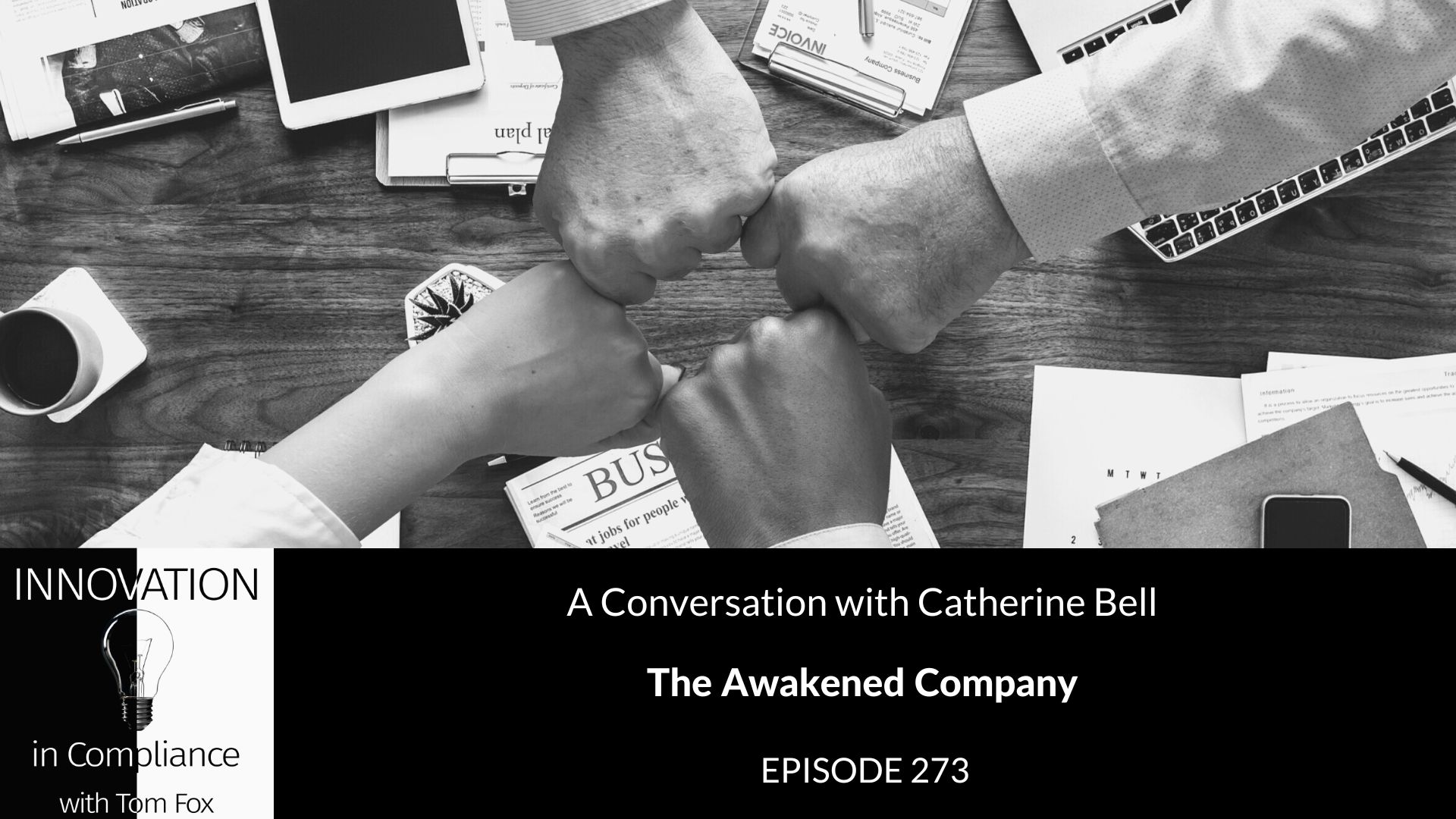Clawbacks have become a new topic in Foreign Corrupt Practices Act (FCPA) enforcement and compliance with the announcement of the Monaco Doctrine and release of the Monaco Memo. Matt Kelly, writing in Radical Compliance, noted, “The Securities and Exchange Commission [SEC] enacted a rule today that will require public companies to adopt and disclose executive compensation clawback policies, echoing the Justice Department’s effort to make companies exercise clawbacks more often when their executives commit misconduct.” With these developments, I thought it would be a good time to look at clawbacks and what they might mean for a corporate compliance program.
Let’s start with the basics, as in what is a clawback? According PayCor.Com a clawback “is a provision within a business or employment contract that allows—under a prescribed set of circumstances—an organization to reclaim incentive or bonus funds previously paid to an employee. Clawback clauses provide a form of guarantee in situations where a business needs to respond to employee misconduct, poor job performance, low achievements or a general decline in revenue.” The two key requirements are that (1) it is a ‘provision’ i.e., a written clause in a written employment agreement and (2) it is for compensation received in the form of an incentive or bonus, i.e., not salary. This second provision will be a critical point for employees.
Sanjai Bhagat and Charles M. Elson, in a Harvard Business Review (HBR) article entitled “Why Executive Compensation Clawbacks Don’t Work”, said, “the executive pay “clawback,” an idea that had its debut during the discussion around the passage of the Sarbanes-Oxley Act [SOX] in 2002, has become an increasingly common provision in executive compensation packages. In theory, clawback policies enable companies to recover incentive pay granted to executives for achieving financial performance targets on the basis of decisions and actions that subsequently turn out to be ethically and legally questionable, and which impose significant monetary and reputational liabilities on the company.” Indeed, as reported in the Wall Street Journal(WSJ), there have 11 executives sued by or who have settled with the SEC, based upon SOX.
Michael Schrage, in a 2012 HBR piece entitled “Bonuses Are Good, But Clawbacks Make Them Better”, said of the actions which can lead to clawbacks, “The behaviors may not be criminal or even unethical but they undeniably lead to decisions where individuals maximize their own compensation at the expense of their organization in potentially destructive ways. This typically holds true for the highest-ranking and most dynamic slices of industry, whether financial services, professional sports, health care or high tech.” This articulation would seem to fit in both the Department of Justice (DOJ) and SEC recent pronouncements.
While the regulators have focused on the punitive aspects of clawbacks, Schrage also notes they are the mirror for incentive-based compensation. “The fundamental asymmetry, of course, is the presence of bonuses and an absence of clawbacks. That is, individuals and teams may receive impressively large and ostensibly “performance-based” bonuses if they hit their numbers.” If there is no response for those who lie, cheat and steal to get such compensation, he believes an organization “is guilty of bad behavioral economics and even worse management” and that clawbacks are “deterrents and insurance policies for organizations that fear that talented individuals may take inappropriate and unsustainable shortcuts to get the bonus. Clawbacks are an essential technique for balancing long-term business health against short-term bonus wealth.”
All of this means that you should not think of compensation incentives and clawbacks as separate tools in your compliance tool kit but as complimentary tools to help foster a best practices compliance program. Bhagat and Elson propose “incentive compensation of corporate executives should consist only of restricted equity”; that is, an executive cannot sell shares of stock or exercise the options for six to 12 months after their last day in office. They believe, “This would prevent executives from capturing the financial gains from questionable decisions or actions before the longer-term costs of those decisions or actions became apparent. And from the company’s perspective, it is clearly easier to simply withhold the stock or options than to attempt to recover cash paid out.”
It would also make things from the SEC reporting perspective a bit easier as well, because as Kelly noted, the “SEC is requiring companies to develop and implement a policy providing for the recovery of erroneously awarded incentive-based compensation” which must “be filed as an exhibit in the company’s annual report, and the report must include disclosures about “any actions an issuer has taken pursuant to such recovery policy.””
The bottom line is that while both the SEC and DOJ’s thinking on clawbacks has evolved, the business commentary has been talking about clawbacks as a part of a best practices compensation program for some time. Bhagat and Elson wrote, “It is critical to good governance that companies be able to recover compensation from senior executives that has not been fairly and fully earned.” Schrage went further, stating, “Healthy conversations around clawbacks are as important to risk-management and employee morale as well-designed incentive-based compensation programs and a generous bonus pool. I’d argue there’s no such thing as well-designed incentive compensation programs that don’t have a carefully calibrated clawback component. Emphasizing bonuses at the expense of clawbacks is bad for everyone.”
With these new statutory requirements from the SEC based upon Dodd Frank and the pronouncements laid out in the Monaco Memo, clawbacks represent one of those rare mechanisms which represents a convergence between legal and regulatory concerns and better business outcomes. The government wants assurances that executive compensation is not determined by FCPA violations, financial fraud or other nefarious conduct and business want processes that those who do business ethically and in compliance by creating value through best practices compliance rather than cheating and law-breaking are properly incentivized.








